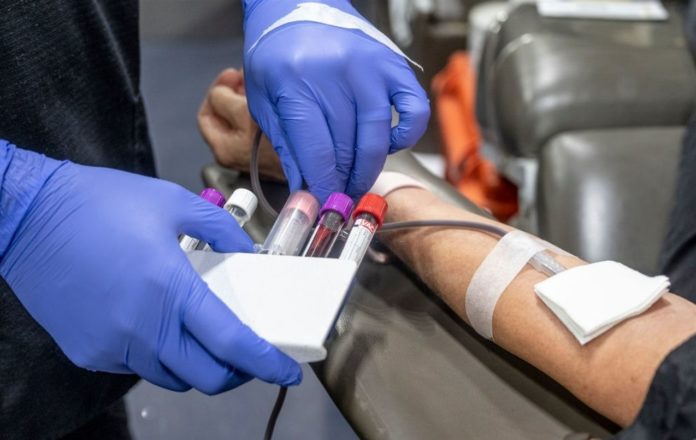As new, virulent strains of SARS-CoV-2 emerge, many researchers now believe that COVID-19, which has killed over 5.5 million people globally, will remain endemic.
These novel variants may carry a higher risk of reinfection (infecting those who have already been infected with COVID19) than prior ones.
The Broad Institute, MIT, Harvard Medical School, and SpaceX collaborated on a study published this week in mBio that proposes a way to keep track of those cases.
The team identified immunological blood biomarkers that correspond to virus reinfection and re-exposure.
The current study used a group of previously infected rhesus macaques as a model. They exposed each of the primates to a different form of the virus, at variable doses, and collected blood samples before and after both the initial infection and the subsequent re-infection.
Notably, the blood tests revealed unique biomarkers of reinfection. It enhanced immunoglobulin antibodies that bind to the Spike protein, nucleocapsid protein, or other viral particle components. SARS-CoV-2 immunoglobulin responses were stronger in animals exposed to larger doses of the virus.
In macaques, those immunological traits distinguished primary infection from re-exposure and reinfection, according to the scientists. The researchers next evaluated blood samples from a small group of humans who had been reinfected with the coronavirus while participating in a community-based surveillance cohort at SpaceX. The human study corroborated the macaque study’s findings.
The authors underlined that simple, inexpensive, and broadly accessible surveillance technologies are needed to identify new infection hotspots. They went on to say that the new research demonstrates how basic titers can be employed as easily available markers of reinfection.
“Our ability to monitor and control both infection and reinfection hinges on the development of simple, immunologically sound screening strategies,” they say.
Image Credit: Getty
You were reading: New study suggests signs of COVID-19 reinfection can be detected in blood
